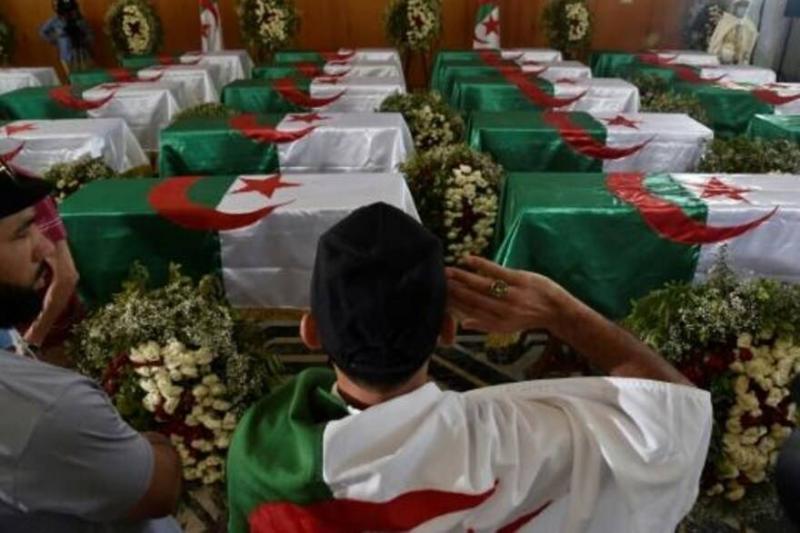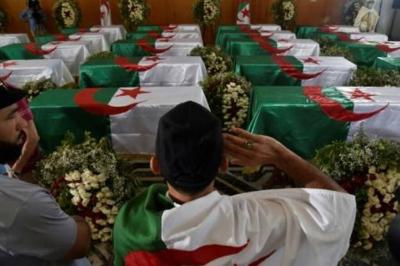Algerian Minister of Communication and government spokesperson Ammar Belhimer stated on Friday that his country insists on France's recognition of the crimes committed during its 132-year colonization of Algeria, coinciding with the commemoration of "National Memory Day" for the first time in the country. Belhimer mentioned in a message published by the Algerian news agency that "Algeria remains committed to a comprehensive resolution of the memory file," which is based on "France's final and complete acknowledgment of its crimes (...) and the provision of an apology and fair compensation."
On Saturday, Algeria will commemorate for the first time "National Memory Day," coinciding with the 76th anniversary of the massacres of May 8, 1945, when French colonial forces suppressed a demonstration demanding Algerian independence, resulting in thousands of deaths in the east of the country. President Abdelmadjid Tebboune approved the commemoration of this painful memory last year, and in June, the decree was published in the official journal "in recognition of the immense sacrifices made by the Algerian people during the May 8, 1945 massacres and during the outbreak of the liberation revolution on November 1, 1954."
The official ceremonies are held under the slogan "Memory Refuses to be Forgotten" in the city of Setif (300 kilometers east of Algiers), which witnessed the suppression at that time. The minister added that the resolution also includes "addressing the aftermath of nuclear explosions, including revealing maps of the locations of waste resulting from these explosions." The nuclear testing file is one of the main memory disputes between Algeria and Paris.
France, which colonized Algeria from 1830 to 1962, conducted a total of 17 nuclear tests in the Algerian desert between 1960 and 1966, including 11 tests carried out underground after signing the Évian Agreements in 1962, under which Algeria gained independence. However, these agreements included a clause allowing France to use sites in the desert until 1967.
Despite the significant ongoing disagreement, the minister noted the "modest gains" that Algeria has achieved, which are nonetheless "of considerable moral value." In this regard, he particularly pointed out Algeria's recovery in July of the skulls of 24 national fighters who were killed at the beginning of the colonial era and French President Emmanuel Macron's acknowledgment in March of the French army's responsibility for the killing of national leader Ali Boumendjel in 1957.
In recent months, Macron has initiated a series of "symbolic measures" in an attempt to "reconcile memory" between both sides of the Mediterranean, with the 60th anniversary of Algeria's independence approaching. However, the report by French historian Benjamin Stora, which Macron relies on for his memory policy, does not call for apologies or recognitions and has faced severe criticism in Algeria.




